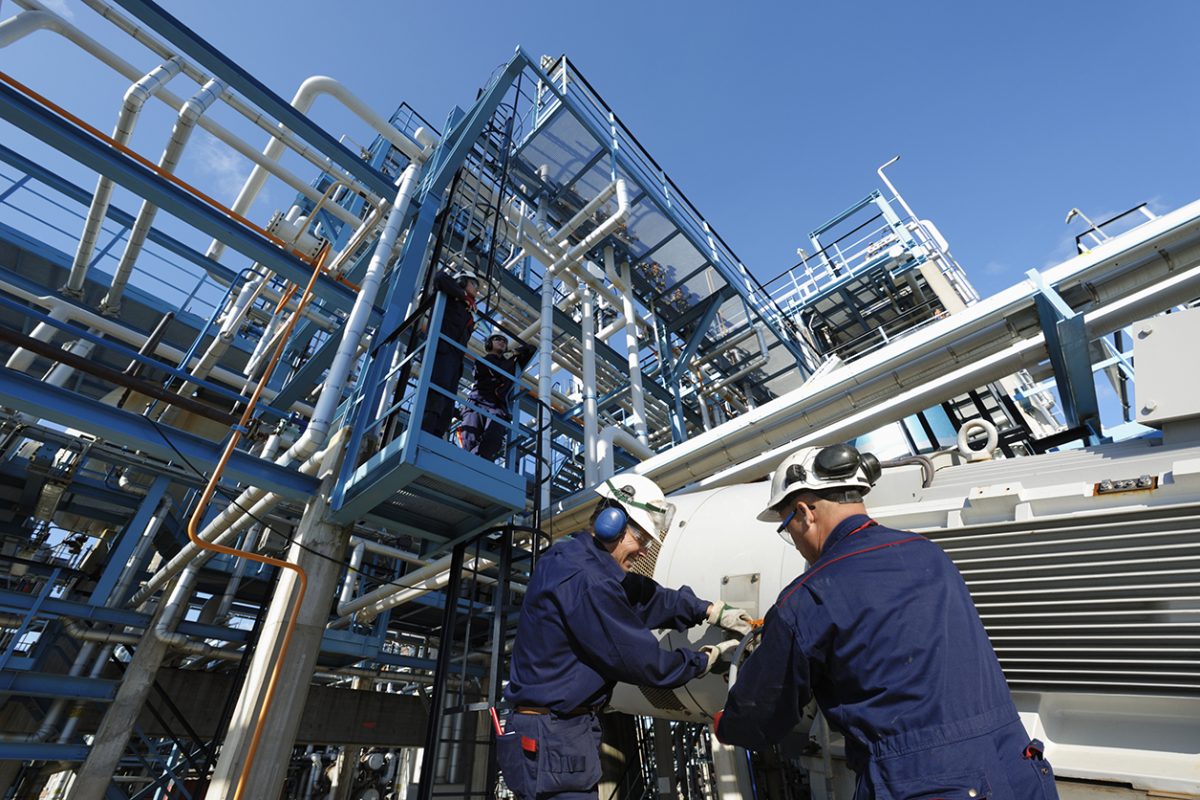
Industry
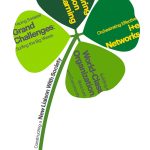 |
The “Clover” 2030 Engineering Strategy: An engine to surf the waves for Chile´s development (CORFO 2014 – 2020)The privileged position of Chile on the world stage and in Latin America is an invitation to take on greater challenges. Chilean Universities have a series of attributes that make them relevant actors in the future of engineering. Our motivation is to transform the UC School of Engineering from a good school to one of greatness within the next decade, becoming the best in Latin American and the first ranked among the top 50 engineering schools globally. |
 |
Institute for Complex Engineering Systems (ISCI, Spanish acronyms) (Basal Financing 2014 – 2019)
Professor Vladimir Marianov participates in this project as an alternate director. |
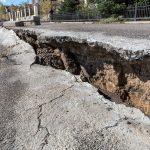 |
High precision triaxial sensor of partially saturated soils (FONDEQUIP 2015 – 2017)
The team led by Professor Esteban Saez is responding to the need for experimental measurements that characterize the hydromechanical properties of partially saturated soils. The applications of these empirical results impact a number of specialties, particularly when considering that soil forms the foundation for a wide array of human activities. |
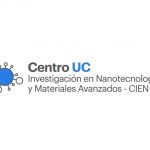 |
Strengthening a centralized equipment platform for the UC Research Center in Nanotechnology and Advanced Materials through the acquisition of an FE-SEM (FONDEQUIP 2015 – 2017)
This project is overseen by Professor Esteban Sáez. |
 |
Millennium Nucleus in Entrepreneurship Strategies under Uncertainty (Millennium Nucleus 2014 – 2017)
Uncertainty is a condition inherently related to the novelty of entrepreneurial ventures. Detecting and facing uncertainty is essential for the administrative processes involved in creating new products and services, and this is a relevant challenge for a country transitioning from an economy based on natural resources to one based on knowledge. Professor Stephen Zhang is leading this center, which has the objective of studying business strategies through the lens of uncertainty. |
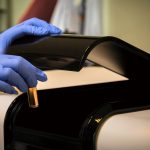 |
Strengthening interdisciplinary research in materials using glow-discharge optical emission spectroscopy (GD-OES) to analyze chemical compositions and profiles in depth (FONDEQUIP 2016 -2018)
Understanding the properties of materials is crucial for the advancement of numerous disciplines. The spectrophotometer awarded to Professor Magdalena Walczak, currently the only GD-OES in Chile, allows researchers to conduct absolute chemical determinations at very high resolutions, with high sensitivity, and with a low detection limit. This machine can be used to superficially and deeply analyze the vast majority of chemical elements. |
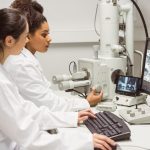 |
Strengthening multidisciplinary research for the textural analysis of materials through physisorption, the chemisorption of gases, and heat coupled to mas (FONDEQUIP 2016 – 2018)
The team led by Professor Néstor Escalona is now able to analyze the texture and chemical surface of materials. The adsorption and desorption of gasses can be used to determine specific surface, pore volume, mesopore geometry, and the dispersion of metallic nanoparticles. Additionally, heat analyses can be used to calculate the acidic surface of materials and to characterize organic groups. |
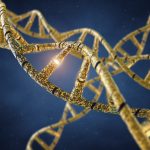 |
Optimization of VvROMT enzymatic activity through rational protein engineering for the sustainable synthesis of nutraceutical pterostilbene (Interdisciplinary VRI 2017 – 2018)
Pterostilbene, an anti-carcinogen and antioxidant, is currently chemically synthesized. This procedure involves corrosive chemical agents and results in waste products. Professor Loreto Parra is working on modifying this enzyme through molecular biology, the aim of which being to improve catalytic efficiency and, ultimately, to create a sustainable production process involving biological synthesis in E. coli. |
 |
Confocal Raman spectrometer with matching accessories for AFM, spectroelectrochemical, and homogenous-solution measurements: advanced characterization of relevant materials in the environmental and energy sectors
A confocal Raman spectrometer was obtained through a collaborative effort between the UC Faculties of Chemistry and Physics. This spectrometer and its associated accessories allow researchers to characterize surfaces at the structural and morphological levels independently and simultaneously. This equipment also allows investigators to verify processes of electronic transfer and reaction intermediaries in electro-catalytic processes. |
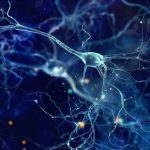 |
Scanning electrochemical microscopy (SECM) platform for characterizing morphology and load-transfer processes in biological and chemical systems (FONDEQUIP 2015 – 2017) |
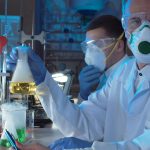 |
Measurement and prediction of the recovery of low viscosity deep eutectic solvents and ionic liquids from organic compounds using a gas at moderate pressure: Potential tool for solvent regeneration in extraction process (FONDECYT Young Researcher 2016 – 2019)
This project is overseen by Professor Roberto Canales. |
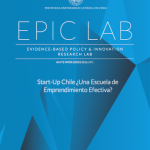 |
EPIC Lab. Evidence-based Policy & Innovation Research Lab. (CORFO Mejoramiento del ecosistema emprendedo2016 – 2017)
One challenge for public policies of entrepreneurship and innovation in Chile is the timely, robust creation of knowledge that facilitates and strengthens the design of programs that support socioeconomic development. Professor Michael Letherbee is addressing this need, applying cutting-edge research methods to determine the cause and effect of socioeconomic programs. Also being researched is how to communicate the obtained knowledge in a way that is fast, user-friendly, and practical. |
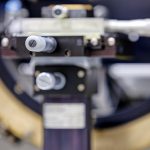 |
Modular integrated circuits design and its application in instrumentation circuits for particle physics experiments (FONDECYT Regular 2017)This project is overseen by Professor Ángel Abusleme. |
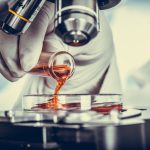 |
Yeast platforms for the biotechnological synthesis of apocarotenoid bioactive compound (FONDECYT Regular 2017)This project is overseen by Professor Eduardo Agosín. |




 Español
Español
